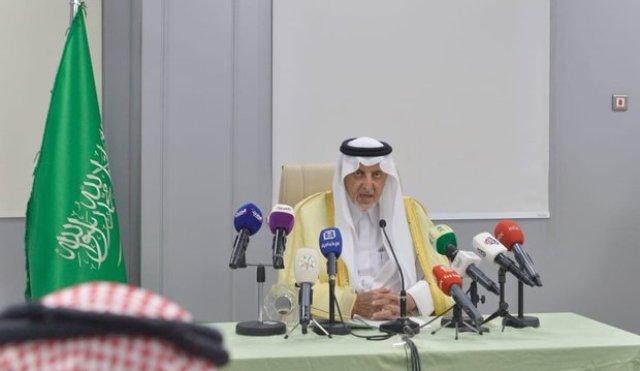KABUL pilgrims this year.
In an interview on Thursday, Prince Khaled, who is also chairman of the Central Hajj Committee, said that expatriates who belong to 160 nationalities constitute 70 percent of the pilgrims performing this year’s exceptional Hajj while the remaining 30 percent are Saudi health practitioners and security men who have recovered from coronavirus.
He said that the health quarantine facilities are readied at the holy sites in the event of pilgrims contracting the infection. The clinical capacity of the hospitals in Makkah and the holy sites accounts for 3,000 beds and the services of 15,000 health practitioners that will be used if the need arises. The electricity capacity of the Grand Mosque and the holy sites during the Hajj season amounts to more than 180 megawatts, while more than 1.2 million cubic meters of water will be pumped to Makkah and the holy sites during the Hajj period, he said.
Prince Khaled said the first ten-year plan for the Makkah region has seen the completion of its projects successfully and the second plan was adopted with the same approach. “The Makkah Region Development Authority (MRDA) has implemented several projects, in cooperation with various agencies, at the holy sites and these include construction, expansion and shading of roads and pedestrian paths, construction of about 2500 toilets, new residential areas to accommodate 40,000 pilgrims, developing reception and welcoming centers located at the entrances to the holy capital,” he said while noting that Al-Nawariya Center, located on the Makkah Al-Madinah Road, was opened last year.








GET IN TOUCH
NEWSLETTER
SUGGEST A STORY
PAJHWOK MOBILE APP